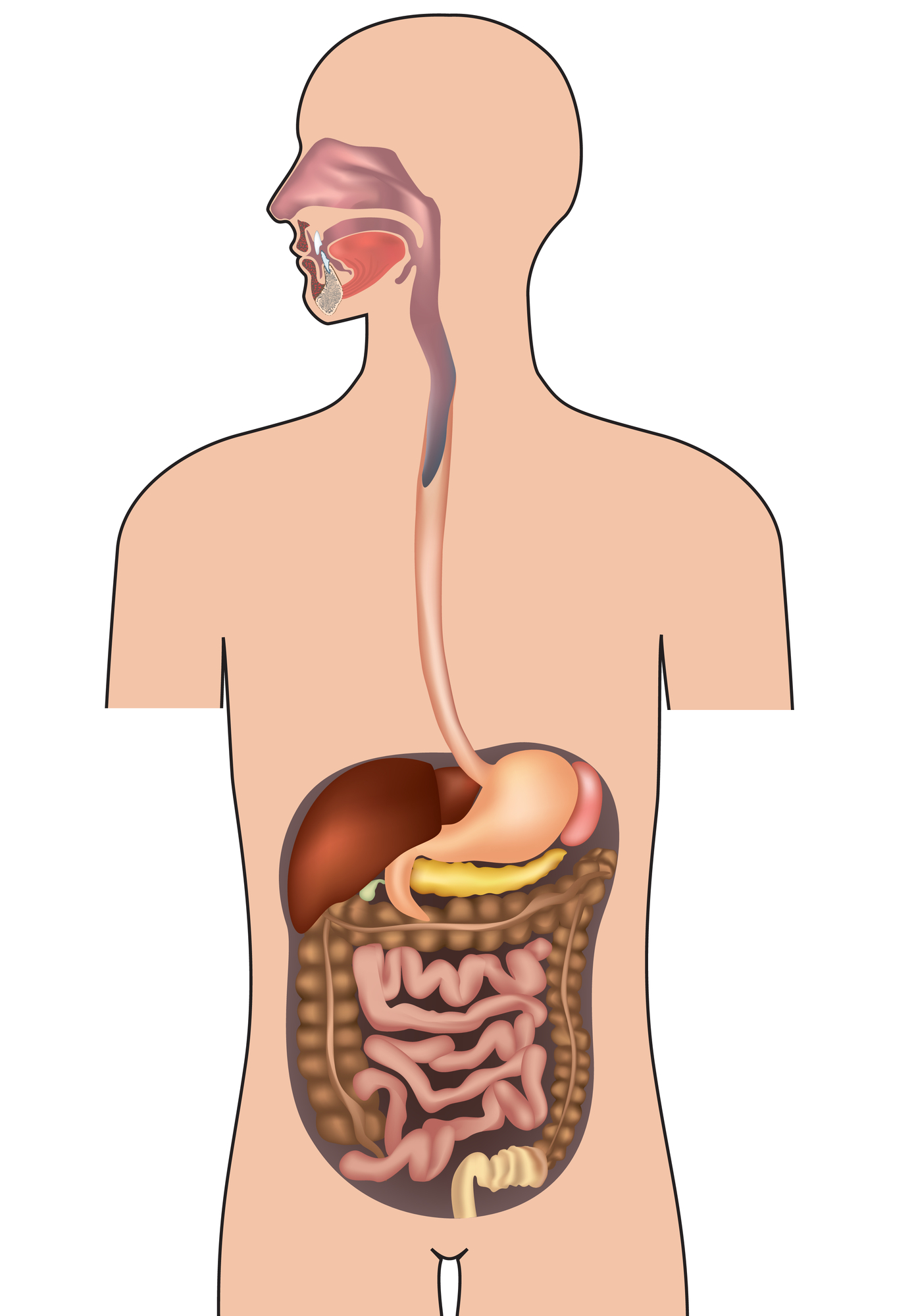For the latest updates and offers on new products & books, sign up today!
Stress and the Immune System
Stress is part of humans and other animals' biochemistry. And plants too experience stress but not only that even microbes such as bacteria experience stress, and both plants and bacteria adapt to the environmental stresses by changing their responses chemically and physically to survive.
We are no different from other organisms and stress what makes us survive, adapt, or fade away. Therefore, our immune system and stress are inextricable by working together or against each other.
What is stress exactly?
Stress can happen in two different ways physically or emotionally or vice versa. Let me explain with few real examples most or all of us faced at one time or another:
- Listening to the news that is almost always you hear the bad news that can affect you emotionally and consequently, these negative emotions will transfer to a real physical response by secreting stressful hormones such as cortisol and epinephrine.
- Physical stress is can happen by you getting injured from falling and scraping your knee that in turn makes you emotionally sad or angry thus triggering a hormonal response from your body.
And there are tens of life-situation stresses that we experience almost every day where some are more harmful than others like:
- Long work commutes
- Dysfunctional marriage or family
- Financial hardship
The human body is very resilient in dealing with stress. Otherwise, we would have been extinct a long time ago. But why the above stressors I mentioned can be so harmful to your immune system and your health overall? One answer is the situation becomes a repeated offender or Chronic stress!
The magnitude and long term of experiencing stressful situations that you confront can be damaging psychologically and physically, therefore, compromising the immune function and ultimately your health.
How Stress Affects the Immune System?
Stress affects the immune system and other functions in the body and for a fundamental reason, your survival! When you are confronted with a stressful situation such as a ferocious dog attacking your options are fight or flight, in other words, you will fight back or avoid the situation by running away.
A region of your brain called the Hypothalamus that plays many roles in the body and one of them triggers the fight or flight response. The hypothalamus sends signals to the nervous system to secrete stress hormones, two primary hormones are adrenaline (a.k.a. epinephrine) and norepinephrine.
These two hormones increase your heart beats consequently sending a large amount of blood to your muscles to give you the necessary energy to fight back or run as fast as you can avoiding any bodily damage or losing your life. The liver organ will secrete a sufficient amount of sugar or more appropriately glucose in the blood for quick energy that is used by your muscles and by your brain for mental clarity and attentiveness.
Another organ called the pituitary gland will produce another hormone by the name adrenocorticotropic hormone (or ACTH) with flow via the blood to your adrenal glands (tiny gland rest on top of the kidneys) to stimulate the secretion of more adrenaline and norepinephrine stress hormones, but another potent stress hormone is called Cortisol.
The Stress Hormone Cortisol and Immune System
The steroid hormone cortisol has similar effects as adrenaline and norepinephrine. Cortisol raises blood glucose and triggers metabolism stimulus and at the same time suppresses the immune system. Cortisol shuts down certain physiological mechanisms such as bone formation and decreasing collagen synthesis, and suppressing immune function (1) for a good reason. So you can deal with the dangerous situation you are facing by being prepared mentally and physically, however, when this stressful situation ends then the body goes back to homeostasis.
Humans and other animals evolved to have this life-saving response for every-now-and-then situations, in other words, the body can deal with this occasionally, but no more. That is why chronic stress is very detrimental to your immune system since long-term stress means the long-term immune function is being suppressed.
Chronic stress is not only can damage your immune system, but also associated with weight gain (2), diabetes (3), cancer (4a-b), and heart disease (5).
Final Thoughts
We all need this critical factor called stress for the sake of our survival and making life more enjoyable when we overcome a challenge. Nonetheless, experiencing stress that creates the above physiological effects on a more frequent basis can be harmful by suppressing your body's defense the immune system is not healthy.
Sources








